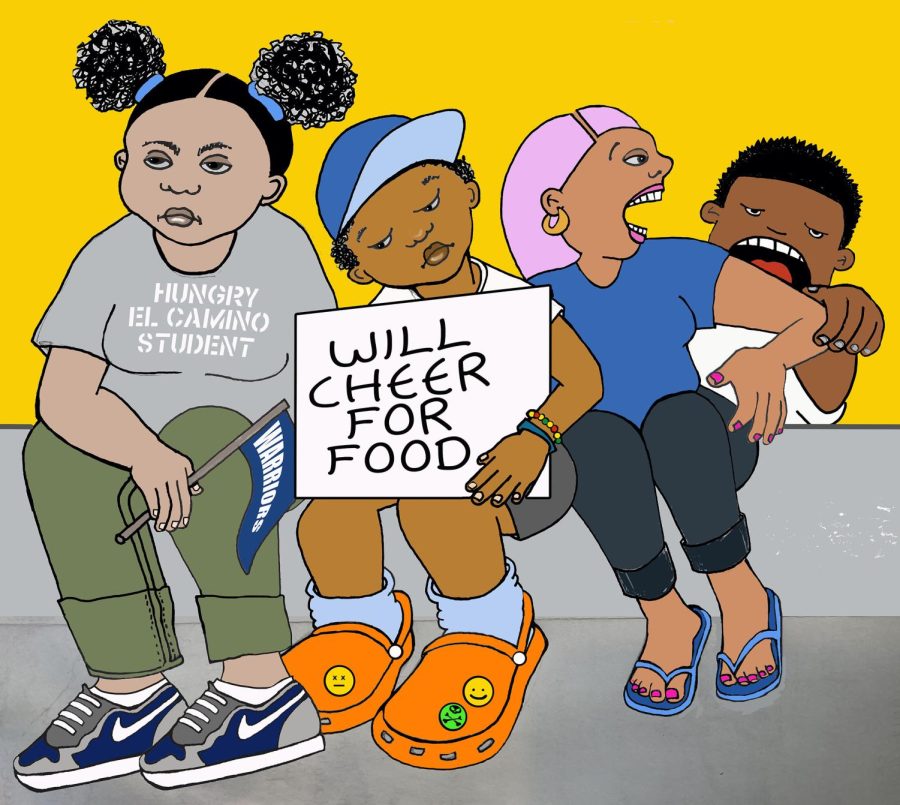Controversy once again arises from the religious implications people perceive on the silver screen, which are often superficial or misplaced.
We saw it in 2004 when “The Passion of the Christ” and Jewish leaders criticized the film for being anti-Semitic. Now the president of the Catholic League is claiming that “The Golden Compass,” a children’s fantasy film set to debut on Dec. 5, is a sneaky way of teaching atheism to kids.
“The Golden Compass” was a children’s novel, the first book in a trilogy written by Phillip Pullman, a self-affirmed atheist, who believes that “religion is at its best when away from power.”
The main character of the film and book is a little girl named Lyra, who becomes ensnared between a struggle for control of a magical particle that is said to unite different worlds.
She learns the hardships of losing friends, making new ones, and ultimately discovers the price of misplacing one’s trust.
The antagonist is the General Oblation Board, which the children in the story nickname the “Gobblers.”
Conservative Christians have called for a boycott of the film, believing it portrays the Catholic Church as a totalitarian regime.
The president of the American Atheists has responded by stating that the lesson to learn is to question authority.
As in most arguments with a religious slant, surface issues easily distract people, thereby causing them to miss the overall message of a story.
Typically, a sign of any good piece of literature, art or music is whether its message stands alone, if it can hold true under any circumstances.
Even if the author of the book is an atheist and uses his beliefs to shape the story, at its roots it is merely a child’s adventure, one in which she must quickly grow up and learn the ways of a world that isn’t always so welcoming.
Categories:
Golden Compass- Cabrera
By Jaena Rae Cabrera
•
November 29, 2007
More to Discover







